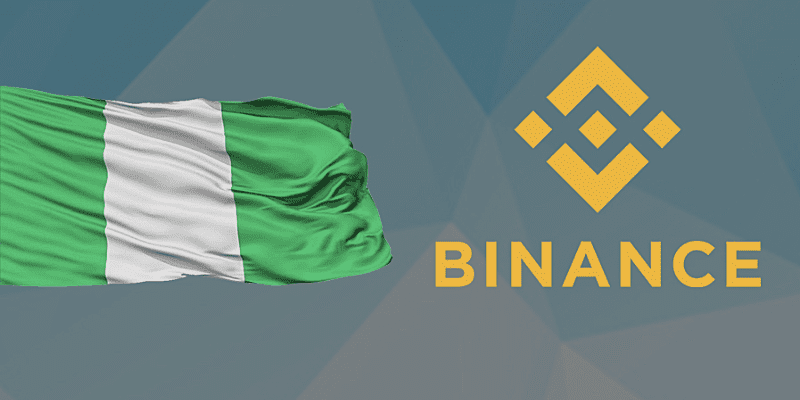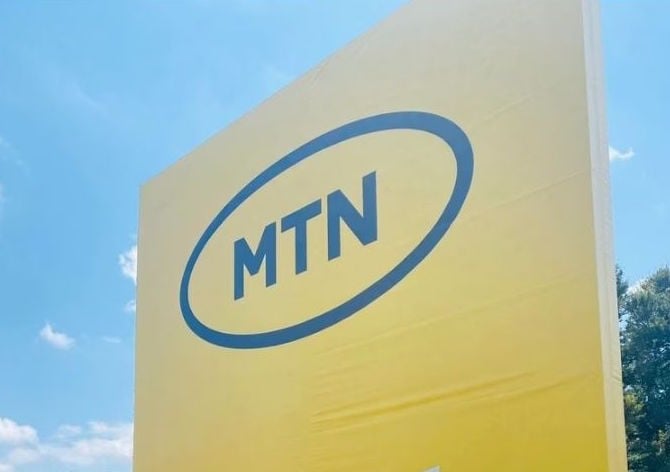The Day Nigeria Fell in Love With Fuel Scarcity
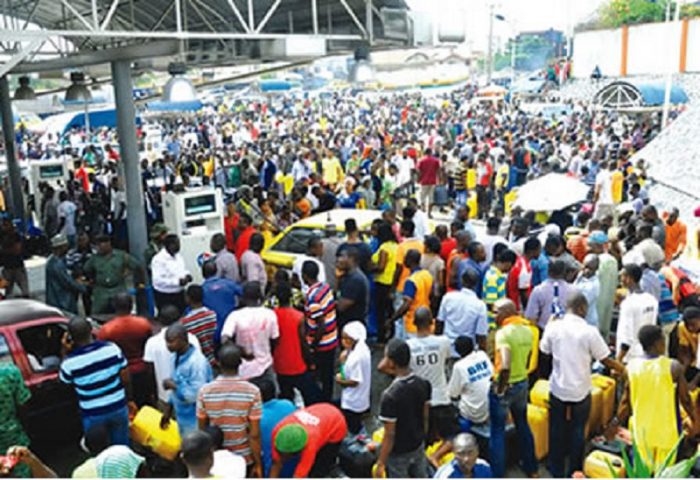
In a country where survival itself is a form of art, Nigerians have mastered the strange ability to romanticize hardship. Few crises embody this more than fuel scarcity, a national tragedy turned social culture. What once sparked outrage now inspires memes, business opportunities, and nostalgic stories. From the endless queues at filling stations to the midnight “black market” hustle, fuel scarcity has become more than an inconvenience; it is a ritual, a collective memory that unites Nigerians in shared frustration and reluctant humour.
For many Nigerians, the story begins in the late 1970s and 1980s when the first waves of scarcity hit under military rule. Back then, the discovery of oil had promised a golden age. Instead, corruption, mismanagement, and inconsistent policies crippled the supply chain. According to reports from the Nigerian National Petroleum Company Limited (NNPCL), the nation’s refineries Port Harcourt, Warri, and Kaduna have spent most of their existence either under repair or completely idle. The result: a paradoxical dependence on imported petrol in a country rich with crude oil.
By the early 2000s, fuel scarcity was no longer an occasional problem; it was a recurring festival of chaos. Queues stretched for kilometres, and filling stations became arenas of survival, negotiation, and patience. During the Obasanjo era, promises of deregulation were made, yet Nigerians continued to buy fuel at inflated prices from roadside vendors. The term “black market” stopped sounding illegal, it became part of everyday speech. Everyone knew someone who sold in jerry cans, and no one batted an eye.
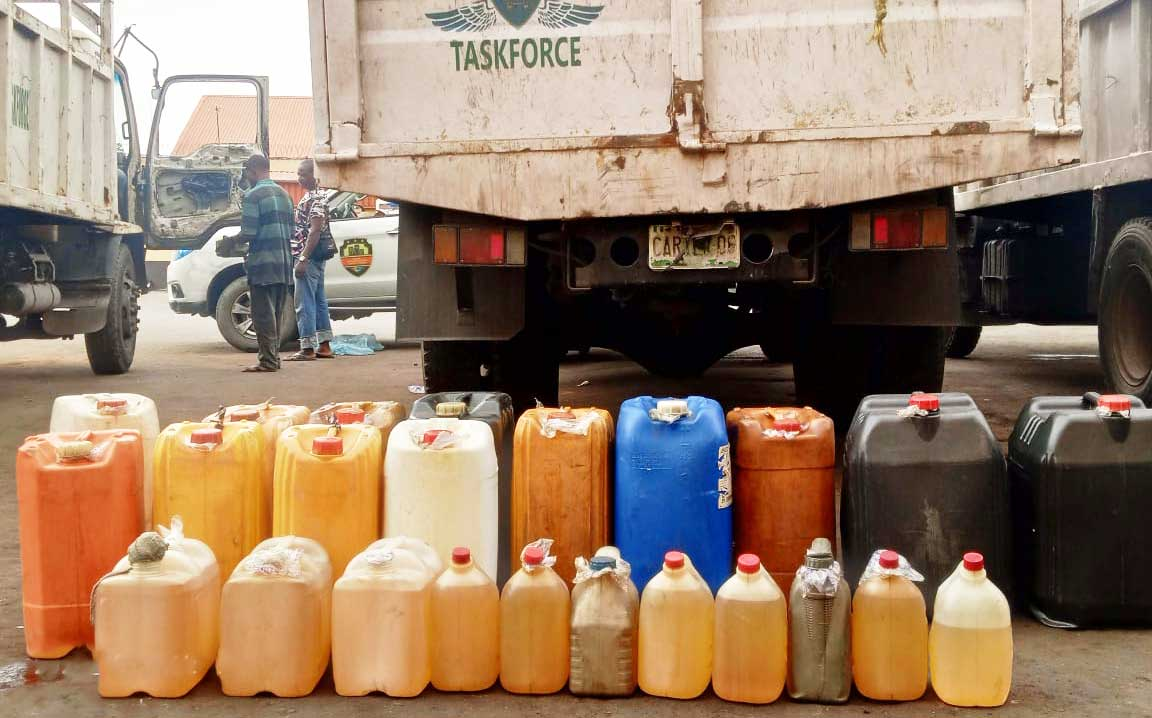
Behind this phenomenon lies Nigeria’s complicated dance with subsidies. In theory, subsidies were designed to make fuel affordable for citizens. In reality, they created a massive loophole for corruption and smuggling. According to a report by Transparency International, billions of naira vanished into fraudulent claims by marketers and government officials. Every administration has promised to fix it, from Goodluck Jonathan’s 2012 subsidy protests to President Bola Tinubu’s 2023 announcement of subsidy removal, but the cycle persists: a short-term outcry, temporary relief, and a long return to scarcity.
What’s fascinating is how Nigerians have emotionally adapted. A new generation that once mocked the inefficiency now treats it with a kind of cultural irony. During fuel crises, social media becomes a theatre of satire, videos of people pushing cars, memes about “buying fuel as if it’s gold,” and jokes that soften the collective pain. On Twitter (X), the phrase “no fuel, no wahala” often trends, showing the nation’s uncanny ability to find humour in dysfunction.
Yet beneath the jokes lies an economy of desperation and creativity. Okada riders, small business owners, and even churches have found ways to monetize scarcity. Some keep private generators running nonstop, while others invest in solar alternatives or buy diesel-powered engines. Ironically, fuel scarcity has also driven innovation: the push toward renewable energy and solar adoption in Nigeria grew largely because citizens could no longer rely on petrol or the national grid. According to the International Renewable Energy Agency (IRENA), Nigeria is now one of Africa’s fastest-growing markets for decentralized solar solutions, a change born out of frustration, not foresight.
The social implications are equally striking. Fuel scarcity exposes the hierarchy of access. Politicians and elite citizens rarely queue; their convoys glide past the masses waiting in the sun. Meanwhile, the average Nigerian wakes up at 4 a.m., hoping to get “lucky” at a station before the fuel runs out. This visible inequality reinforces the belief that Nigeria’s biggest problem isn’t just governance, it’s the normalization of double standards.
Still, there is something profoundly human in the way Nigerians navigate crisis. In the heat of scarcity, strangers form friendships at filling stations. Car owners lend jerry cans to one another. The sight of someone sleeping in their car overnight might spark sympathy instead of pity. Through shared endurance, Nigerians have built a quiet brotherhood of survival. It’s not comfort; it’s resilience wearing a smile.
Economically, the impact is far from humorous. Every period of scarcity drives up the cost of transport, food, and daily essentials. According to data from the National Bureau of Statistics (NBS), inflation rates spike within weeks of fuel shortages. Markets respond immediately, and the burden falls hardest on low-income families. For a nation already struggling with high unemployment and poor infrastructure, this cycle deepens inequality. Yet somehow, the conversation always shifts from outrage to adaptation, then to silence, until the next crisis returns.
The Nigerian government has made countless promises to “end fuel scarcity once and for all.” From Turn Around Maintenance (TAM) projects to partnerships with private refineries like Dangote Refinery, each new effort is hailed as the ultimate solution. But history repeats itself. The refineries fail to start on schedule, and citizens brace for the next round of scarcity. The irony is not lost on anyone, the world’s sixth-largest oil producer routinely suffers from fuel shortages.
To understand how deeply ingrained this issue has become, one only needs to look at how fuel scarcity has shaped language and humour. Expressions like “I slept at the station” or “I bought fuel with connection” are badges of experience. Even the smell of petrol has become part of the Nigerian sensory landscape, familiar, unwelcome, but strangely nostalgic. Generations have grown up associating fuel queues with public holidays, elections, or policy changes. The queues tell their own story: of persistence, patience, and misplaced trust.
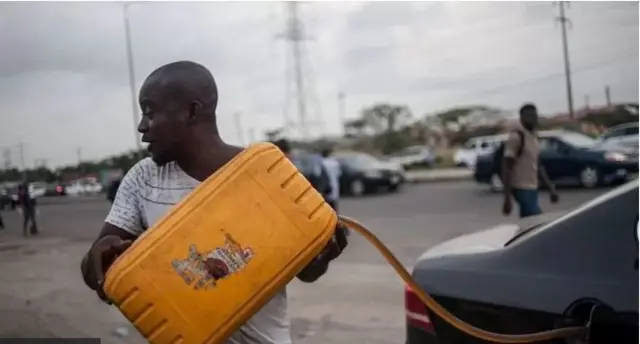
Over the years, music and pop culture have also joined the commentary. From Fela Kuti’s scathing critique of government inefficiency to comedians like Basketmouth joking about “buying fuel as if it’s bitcoin,” artists have mirrored public sentiment. The issue is no longer just about economics, it’s about identity. To be Nigerian is to complain about fuel, yet still find a way to move.
When President Tinubu declared the removal of fuel subsidy in 2023, reactions were mixed. Some saw it as a necessary step toward long-term reform, while others viewed it as an unbearable blow to the average citizen. Protests erupted, and yet again, Nigerians adjusted carpools, bicycles, and even electric scooters began gaining quiet popularity. It was as if the nation collectively sighed and said, “We move.”
But perhaps the most revealing aspect of all is the way memory softens anger. Ask any Nigerian today, and they can recount their “fuel scarcity story” with a hint of humour. The day they queued for hours, the night they pushed their car, or the friend who paid triple for a litre. What was once a symbol of government failure has evolved into shared folklore, a story told with laughter instead of tears.
And that is the quiet tragedy: a people so strong that they’ve learned to endure what they should have outgrown. In a better Nigeria, scarcity would provoke reform, not nostalgia. But here, we’ve turned dysfunction into identity, endurance into entertainment. Fuel scarcity has become the mirror through which Nigeria sees itself flawed, funny, and forever resilient.
Perhaps one day, the queues will vanish, and the sound of generators will fade into memory. But until then, every time a pump runs dry, Nigerians will remember: this isn’t just an inconvenience; it’s a part of who we are, the irony of loving what we should have long outgrown.
You may also like...
If Gender Is a Social Construct, Who Built It And Why Are We Still Living Inside It?
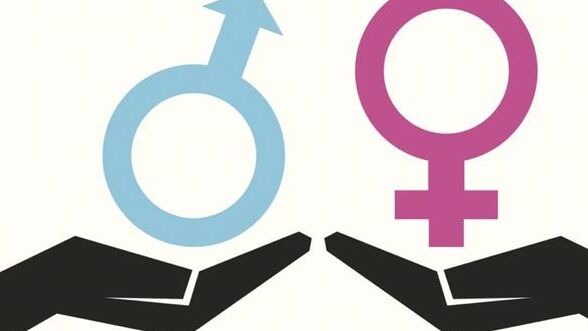
If gender is a social construct, who built it—and why does it still shape our lives? This deep dive explores power, colo...
Be Honest: Are You Actually Funny or Just Loud? Find Your Humour Type

Are you actually funny or just loud? Discover your humour type—from sarcastic to accidental comedian—and learn how your ...
Ndidi's Besiktas Revelation: Why He Chose Turkey Over Man Utd Dreams

Super Eagles midfielder Wilfred Ndidi explained his decision to join Besiktas, citing the club's appealing project, stro...
Tom Hardy Returns! Venom Roars Back to the Big Screen in New Movie!

Two years after its last cinematic outing, Venom is set to return in an animated feature film from Sony Pictures Animati...
Marvel Shakes Up Spider-Verse with Nicolas Cage's Groundbreaking New Series!

Nicolas Cage is set to star as Ben Reilly in the upcoming live-action 'Spider-Noir' series on Prime Video, moving beyond...
Bad Bunny's 'DtMF' Dominates Hot 100 with Chart-Topping Power!

A recent 'Ask Billboard' mailbag delves into Hot 100 chart specifics, featuring Bad Bunny's "DtMF" and Ella Langley's "C...
Shakira Stuns Mexico City with Massive Free Concert Announcement!

Shakira is set to conclude her historic Mexican tour trek with a free concert at Mexico City's iconic Zócalo on March 1,...
Glen Powell Reveals His Unexpected Favorite Christopher Nolan Film

A24's dark comedy "How to Make a Killing" is hitting theaters, starring Glen Powell, Topher Grace, and Jessica Henwick. ...

